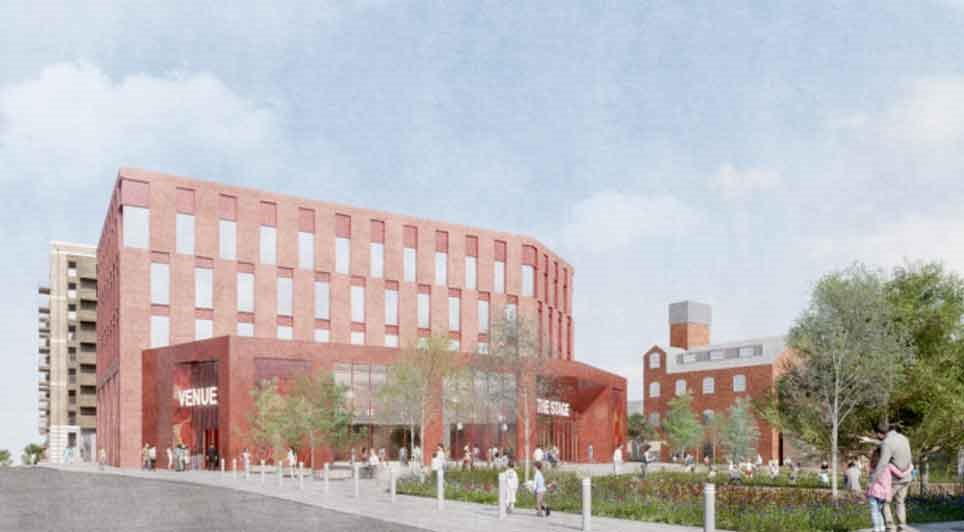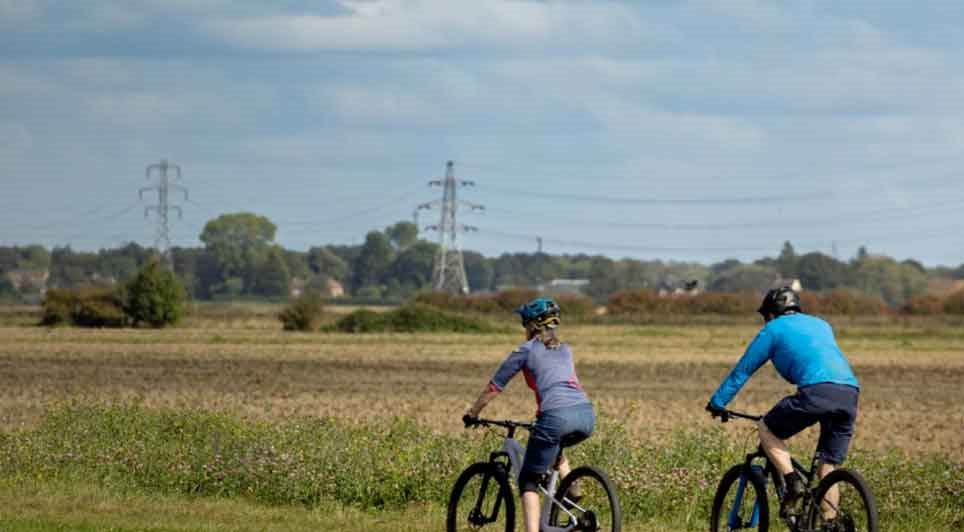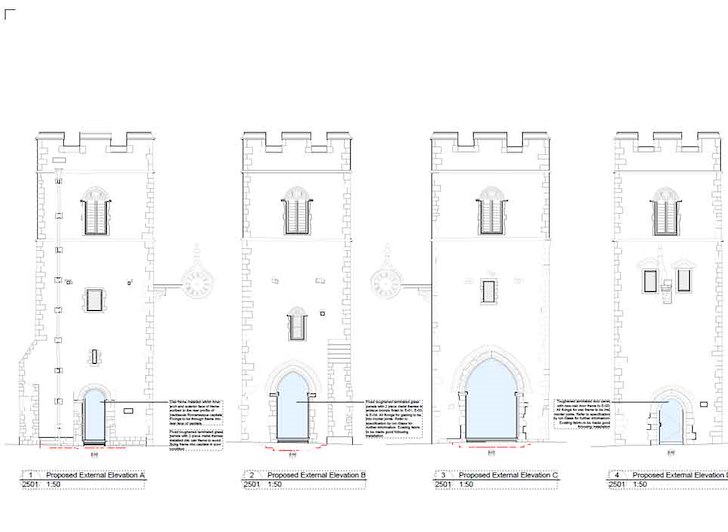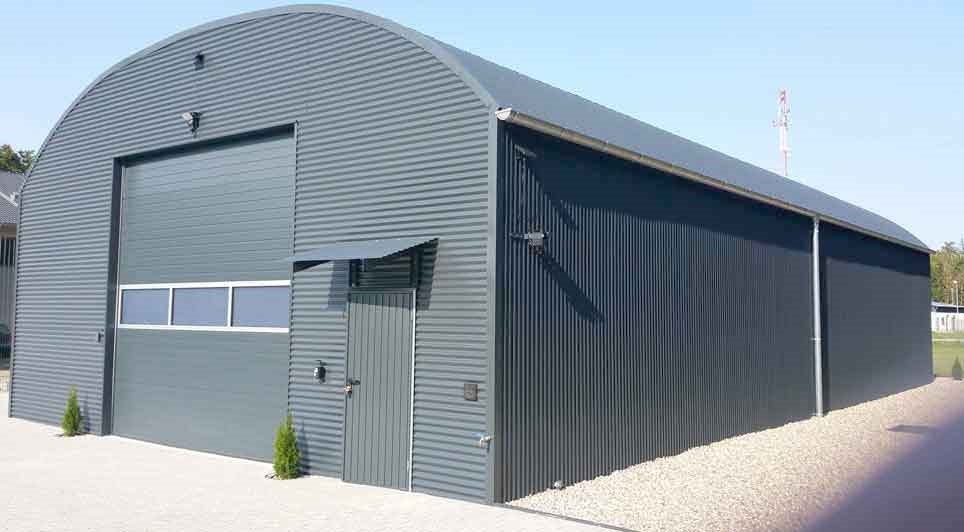The London Assembly today heard that the nature of London’s housing makes it particularly difficult to tackle fuel poverty, which is linked to thousands of deaths every year in the capital.
Members of the Assembly's Health and Public Services Committee were told how fuel poverty costs the NHS around £859 million each year and affects people’s health in a range of ways: children in cold homes are more likely to have respiratory problems; adolescents and adults can be at higher risk of mental health conditions; and there are clear links between cold housing and excess winter deaths among the elderly.
Dr Jessica Allen from the Marmot Review Team said there are more excess winter deaths among people living in properties built before 1980 than in newer homes. Rates of excess winter deaths are also higher in the UK than in colder countries such as Finland, Germany, Sweden and Norway because homes there are better insulated.
The Committee heard that insulating homes, to improve energy efficiency and make them warmer, is particularly challenging in London because properties tend to be older, with solid walls and are often divided into flats. The Mayor's current energy efficiency RE:NEW programme is helping boroughs address fuel poverty, but its funding ends next year[4].
Victoria Borwick, Chair of the Health and Public Services Committee, said: ""Fuel poverty is having a major effect on the health of Londoners, from the very young to the elderly, as well as costing the NHS significant sums of money each year.
"There are particular challenges in London but with energy prices rising, we need to look at what more the Government, Mayor and energy companies could do to help people in the capital to keep warm."
The Committee is due to hold a second meeting on fuel poverty later this year when it hopes to hear from the energy industry and energy efficiency installers about potential solutions.
(CD)
 UK
UK Ireland
Ireland Scotland
Scotland London
London





















